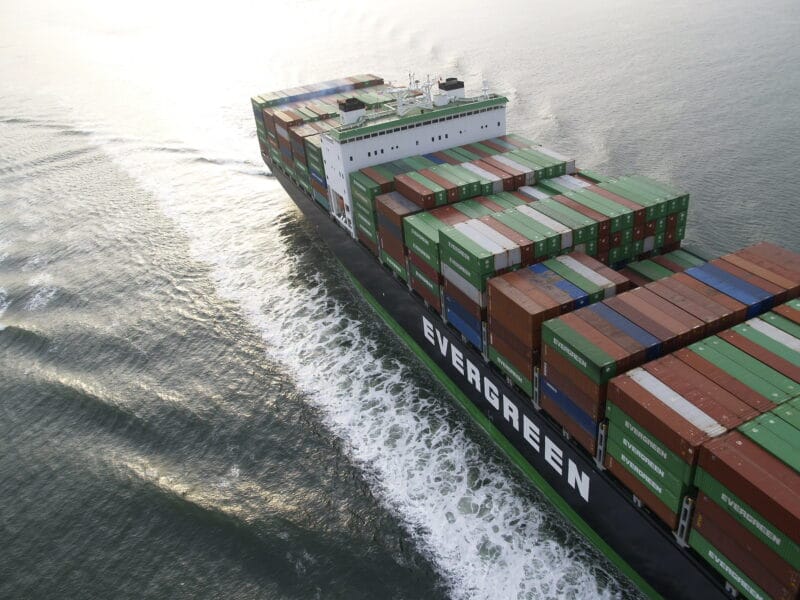Crisis in the Red Sea: Not Yet a Red Flag for the Global Economy Houthi attacks in the Red Sea disrupted a vital trade route, leading to costlier and time-consuming route changes around Africa.
Maritime transport prices, including container freight, increased by +240% since November 2023, achieving levels seen in Q4 2022, but still considerably below the 2021 peak.
If disruptions are short-lived, their impact on the global economy would be limited. Since demand in the United States and Europe is -10% lower than pre-crisis levels, inventories remain high, and industrial company margins provide a buffer to absorb production cost increases.
However, if the crisis persists for several months, a doubling of transport prices could lead to a +0.5 percentage point increase in global inflation, resulting in a -0.4 percentage point decrease in GDP growth.
Energy prices are the most sensitive factor as 12% of maritime oil and 8% of liquified natural gas pass through the Suez Canal, causing European energy prices to remain highly unstable.
Shipping: Expect Longer Routes and Higher Costs Houthi attacks on Red Sea commercial ships resulted in significant disruptions in the shipping industry. With the situation still fluid and tense as a US-led coalition begins airstrikes against the Houthis, shipping companies have been forced to choose costlier and more time-consuming routes around Africa to circumvent risks in the Red Sea region.
The Red Sea is a critical route accounting for one-third of global container traffic and 40% of trade between Asia and Europe. Approximately 12% of crude oil and 8% of liquefied natural gas (LNG) pass through the Suez Canal.
The attacks noticeably affected maritime transport volume. In the ten days leading up to January 7, Suez Canal shipping volume dropped -15% year-on-year, while the Bab-el-Mandeb strait leading to the Red Sea recorded a more drastic decline of -53%. The number of cargo ships passing through the Suez Canal fell by -30% for cargo and -19% for tankers. Simultaneously, shipping volume around the Cape of Good Hope nearly doubled in the same period, with cargo ship numbers increasing by +66% and tankers by +65%.
While maritime transport prices, especially container freight, have significantly risen since November 2023 (+240% in early January – see chart 1), they remain just a quarter of the peak level in 2021. This is due partly to weak demand and higher stocks in most consumer goods segments and the shipping sector ramping up its capacity with new container vessels.
However, if the crisis continues beyond the first semester, the impact on global supply chains could become more severe.
On the bright side, supplier delivery times have normalized and are now lower than the pre-pandemic average. Still, if this crisis extends for several months, it could affect the growth of world trade volume, potentially reducing it by -1.1 percentage points to +1.9%. This heightens the risk of a delayed recovery from the 2023 recession. From a corporate perspective, margins could drop by as much as -1.8 percentage points in Europe and -0.9 percentage points in the US if firms absorb 50% of production input price increases. Nevertheless, these declines would still mean profitability somewhat lower than in 2019.
European energy prices remain highly unstable. Allianz Trade believes energy prices are the most sensitive channel through which the ongoing crisis could impact the world economy, especially Europe. Indeed, after the first reports of Houthi rebel attacks, Brent – Europe’s benchmark for oil prices – rose nearly 2% between November 17 and 22, while the American WTI price remained fundamentally unchanged. European natural gas prices also rose by +3.6% in the five days around that date. We saw similar patterns in day-to-day trading tension when attacks were reported in late December; however, oil prices continue to fall. This reflects investors focusing on recent news of higher-than-expected supply, concerns over global demand, and tankers still operating in the Red Sea.
As for European natural gas prices, we do not anticipate supply tensions to significantly impact short-term prices as reserves are high, and heating season is nearing its end despite the recent cold snap.
